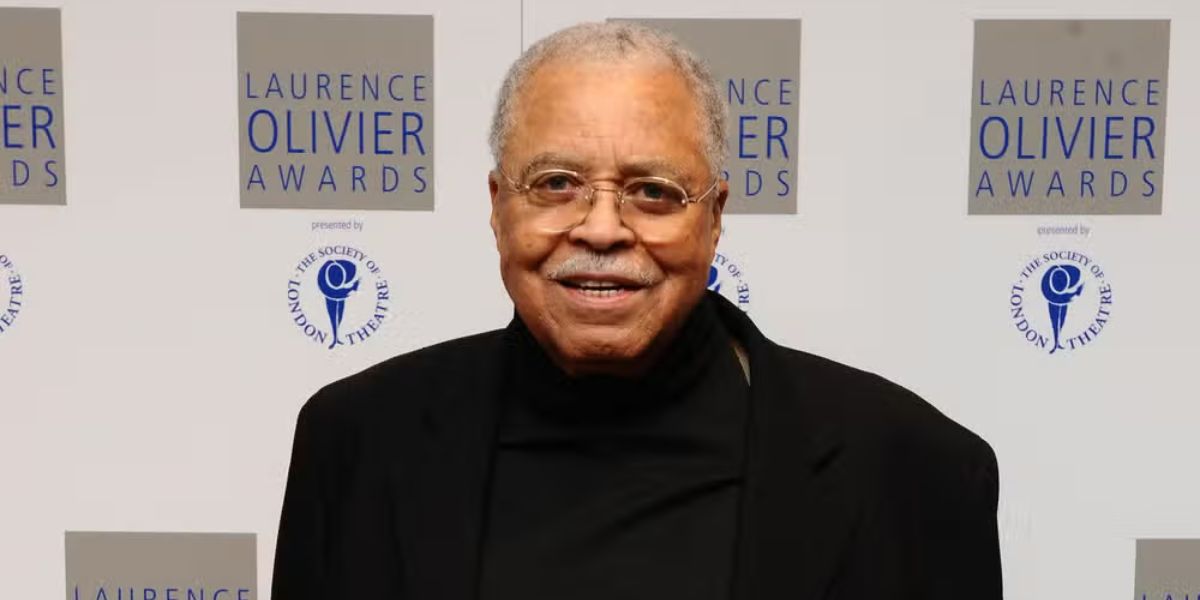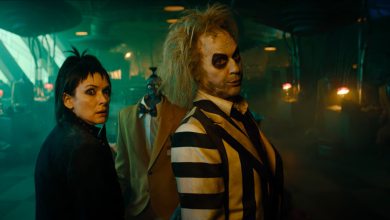Why is James Earl Jones Considered a Pioneering Actor?
Breaking Barriers and Setting New Standards: Why James Earl Jones is a Hollywood Pioneer
Why James Earl Jones Is Considered a Pioneering Actor

James Earl Jones, a name synonymous with grace, gravitas, and a deep, resonant voice, stands as one of the most pioneering actors in the entertainment industry. Best known for his portrayal of some of cinema’s most iconic characters, such as the menacing voice of Darth Vader in Star Wars and the wise King Mufasa in The Lion King, Jones’s influence goes far beyond his recognizable baritone. His legacy, built over six decades, encompasses not only a remarkable acting career but also a series of trailblazing achievements that helped pave the way for future generations of actors, particularly Black actors, in film, television, and theater.
In this blog post, we’ll explore the key reasons why James Earl Jones is considered a pioneering actor. His journey is one of talent, resilience, and breaking barriers in an industry that historically marginalized actors of color.
Overcoming Personal Adversity: A Stuttered Start
One of the most inspiring elements of James Earl Jones’ life is his triumph over a profound speech impediment. Born in 1931 in Arkabutla, Mississippi, Jones developed a severe stutter at a young age. By the time he was five years old, the stutter was so debilitating that he stopped speaking altogether for several years, communicating primarily through writing. This condition could have easily curtailed his ambitions of becoming an actor, but with determination, Jones found his voice—literally.
It was in high school where Jones began overcoming his stutter, thanks in large part to an encouraging English teacher who noticed Jones’ talent for writing poetry. The teacher urged him to read his poetry aloud, a daunting challenge at first, but one that gradually helped Jones regain his confidence in speaking. Through persistence and speech therapy, Jones eventually conquered his stutter, transforming what could have been a lifelong impediment into one of the most recognizable and commanding voices in cinematic history. His journey from silence to stardom serves as a testament to his resilience and ability to overcome personal adversity—qualities that later defined his career.
A Groundbreaking Career on Broadway
Jones’s journey as a pioneering actor began on stage. In 1958, he made his Broadway debut in Sunrise at Campobello, but it was his portrayal of boxer Jack Jefferson in The Great White Hope (1968) that solidified his status as one of America’s finest stage actors. His performance as Jefferson, a character based on Jack Johnson, the first African-American world heavyweight boxing champion, was both raw and powerful. It earned Jones a Tony Award and cemented his reputation as a trailblazer in the theater world.
The Great White Hope was not just a personal triumph for Jones; it was a watershed moment for Black actors on Broadway. At the time, roles for African-Americans were often stereotypical or minor. Jones’s portrayal of a complex, fully realized character marked a significant departure from the norm and opened the door for more diverse casting in prominent productions. His success in theater played a critical role in broadening opportunities for Black performers in an industry that, even in the late 1960s, remained predominantly white.
A Force in Cinema: Breaking Boundaries on the Big Screen
James Earl Jones’s transition to film was equally groundbreaking. His feature film debut in Stanley Kubrick’s Dr. Strangelove (1964) marked the beginning of a long and varied career on the big screen. However, it was his role in The Great White Hope (1970) that once again proved pivotal. Jones reprised his stage role in the film adaptation, earning him an Academy Award nomination for Best Actor. At the time, only a handful of African-American actors had received such recognition. This nomination highlighted not only Jones’s immense talent but also his ability to break through the racial barriers that were deeply entrenched in Hollywood.
In the 1970s and 1980s, Jones continued to defy expectations with roles that ranged from historical figures to fictional characters, always bringing his unique gravitas to the screen. His role as the villain Thulsa Doom in Conan the Barbarian (1982) is a perfect example of his ability to bring complexity and nuance to characters that could easily have been one-dimensional. In each performance, he demonstrated the versatility and depth that would make him one of the most sought-after actors in Hollywood.
But it was in 1977 that Jones would deliver the voice performance that would forever etch his name into cinematic history. Cast as the voice of Darth Vader in George Lucas’s Star Wars, Jones’s deep, powerful voice brought the menacing character to life, creating one of the most iconic villains in film history. Despite being a voice role, it showcased Jones’s immense vocal talent, turning Vader into a figure both terrifying and memorable. While he didn’t appear physically on screen, his voice became the character’s identity, demonstrating how integral he was to the success of the role.
A Versatile Talent Across Media
While Jones is best known for his work in film and theater, his contributions to television also deserve recognition. In the early 1990s, he earned two Emmy Awards in the same year: one for his role in the miniseries Heat Wave (1990), about the 1965 Watts Riots, and another for his lead role in Gabriel’s Fire (1991), a drama about a wrongfully imprisoned ex-cop. These performances again showcased Jones’s range and ability to bring depth to characters navigating complex social and racial issues.
His television career was wide-ranging, spanning guest appearances on popular series like Law & Order and The Simpsons, as well as more substantial roles in dramatic series. He was also known for his voice work, which extended beyond Darth Vader to roles such as Mufasa in The Lion King (1994), further cementing his reputation as one of the most distinctive voices in entertainment.
Pioneering Representation for Black Actors
Perhaps the most enduring aspect of James Earl Jones’s pioneering career is the way he helped redefine representation for Black actors in Hollywood. In an industry that has historically marginalized actors of color, Jones carved out a space for himself through sheer talent, determination, and versatility. He refused to be pigeonholed into stereotypical roles and consistently chose characters that challenged the status quo.
Jones’s career took off during a time when there were very few high-profile roles for Black actors, and even fewer opportunities to take on leading roles in major films or Broadway productions. Through his performances, Jones proved that actors of color could portray a wide range of characters, from Shakespearean heroes to science fiction villains. He opened doors for future generations of actors to pursue roles based on their talent, not their skin color.
Moreover, Jones was one of the first Black actors to gain widespread recognition in both stage and screen, paving the way for other African-American performers to follow. His work in mainstream, high-budget films like Star Wars and The Lion King introduced audiences around the world to the richness and diversity of Black talent, long before Hollywood began to address issues of diversity and inclusion more directly.
A Lasting Legacy
James Earl Jones’s legacy is not merely one of personal success but of a broader cultural impact. He has received nearly every major award an actor can win, including an Honorary Academy Award, a Tony Award for Lifetime Achievement, and a Kennedy Center Honor. His ability to transcend genres and platforms—whether on Broadway, in Hollywood, or through voice work—has solidified his place as one of the most versatile and accomplished actors of all time. Just as we know Why is “The Rings of Power” Season 2 Highly Anticipated?
More importantly, his pioneering efforts to break through racial barriers in entertainment have made him an inspiration for countless actors of color. Jones showed that talent and perseverance could overcome the limitations imposed by an industry long defined by exclusion. His work continues to inspire new generations of actors to pursue their craft without compromise and to seek roles that reflect their true potential.
Conclusion
James Earl Jones is considered a pioneering actor because he broke down barriers for Black actors, defied expectations in an industry that was not always welcoming to diversity, and established himself as one of the most respected talents across multiple media. His ability to overcome personal challenges, such as his childhood stutter, and his choice to take on roles that pushed boundaries have left an indelible mark on the entertainment industry. Through his groundbreaking performances on stage, screen, and beyond, James Earl Jones has paved the way for future generations and redefined what it means to be a truly pioneering actor.




